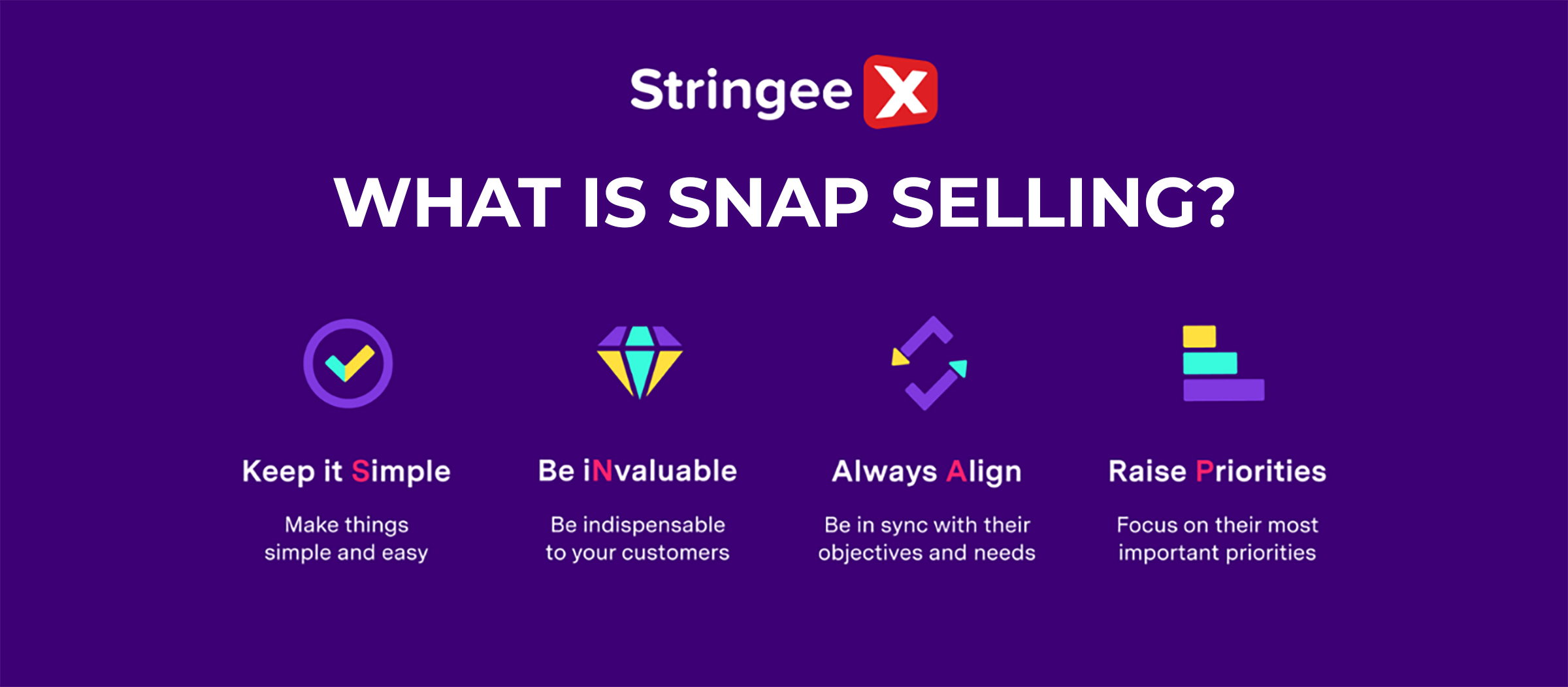Outbound calls are a crucial aspect of many businesses, particularly those in sales, customer service, and telemarketing. The way you conduct outbound calls can impact your success, whether you're reaching out to potential customers, following up with existing ones, or handling support inquiries.
In this guide, we'll start by defining what outbound calls are and exploring their purpose. We'll then dive into best practices for making outbound calls, covering everything from preparing for the call to closing the deal.
Whether you're a seasoned pro or a newbie, you'll find valuable insights and tips that can help you maximize the effectiveness of your outbound calls.
The Definition Of Outbound Calls
A customer service agent or a sales representative will make an outbound call as part of your company's daily operations. The calls are made to clients, potential clients, and other companies. The main goals of outbound calls to potential clients are lead generation, telemarketing, and fundraising.
Companies utilize outbound call centers for the following purposes, depending on the nature of their firm and the broader industry:
- Cold calling for telemarketing sales
- Calls to customer service
- Marketing analysis
- Fundraising for a non-profit or charity
- Upkeep contact lists
- Research outreach
- Messages to clients
- Requesting data from other companies
- Follow-ups after purchases
Importance Of Outbound Calls
Collect target audience insights
Utilizing outbound dialing enables you to speak with your target market and gain insights that you would not have thought. These insights can help you craft a stronger marketing and sales message and serve as a roadmap for developing new products and services.
Generate leads
Most likely, your company uses many outreach techniques to reach customers. Outbound phoning creates a personal connection with your potential customer, in contrast to those other methods. Scheduling an appointment or pointing them toward your online presence on social media can make additional contact easier.
The opportunity to invite them to more marketing or sales events may also arise. For instance, you could utilize the outgoing call to invite prospective clients to a webinar on a subject they might find interesting. When making outbound calls, market research and understanding your target audience are essential. The more you can communicate with them personally, the more opportunities you will have to win their loyalty.
Increase brand awareness
You may increase the reach of your brand by making outbound calls. They enable you to get in touch with potential clients and introduce yourself. When done properly, outbound calling can encourage a conversation that serves as a favorable introduction to your business, brand, or product.
The value of a phone conversation is gone in the social media era. A brief phone call, however, can offer you access to your customers directly. A phone call will be considerably more memorable to them than a single webpage or email ad.
Keep up-to-date sales data
Your sales team can do their jobs well by using a current sales database. Your sales representatives can create a customized sales pitch when your sales database is current. They can verify that the names listed next to the numbers are accurate and that their personal data hasn't been altered. You can make sure your team has the most recent call lists at your call center.
>>> Read more: Inbound and Outbound Call Center: Do You Know The Differences?
Outbound Call Best Practices

What are the benefits of a communication plan?
Comply with local law
Always be aware of the legislation that your call centers are required to abide by. You should use caution while handling client data, such as names, phone numbers, and addresses, especially in the wake of the GDPR. In addition to harming your reputation, a data leak may result in hefty fines.
Create a script
Make a script that is specific to your list and current outbound campaign. A good script lowers call reluctance and anxiety for the agents, emphasizes a solution to a pressing issue or pain point, initiates conversation, and assures consistency in client encounters. Remind your agents to follow the script's outline rather than its letter.
State call reason clearly
Don't start your call off with too much small conversation. Prospects are busy. Respect their time by introducing yourself and calling purpose. They won't need to stay on the phone with you until your first pitch piques their attention and conveys that they would benefit from talking to you.
Be flexible
Customers do not want your call representatives to come across as overly robotic or canned. The interaction feels forced as a result. Write your scripts to allow your representatives the flexibility to roam about the conversation while utilizing them. Encourage them to be optimistic, passionate, and sincere by telling them to be aware of their tone.
Ask questions and use their names
People don't like to feel that they are just a number or a name on a big list of contacts. Engagement may be improved by including their name and company name in your communication. Questions that determine if they actually need your solution in the first place are much more crucial. Solve problems instead of selling.
Follow up
Success doesn't come in a single phone call. It takes time. Top salespeople differ from their contemporaries in that they are persistent. Engage contacts with a cadence of calls, emails, and texts, and work together to solve their problem using your solution. Take the long view rather than acting now or never because timing is often everything.
Summary
Outbound calls play a vital role in many businesses, and the way they are conducted can have a significant impact on success. By understanding the definition of outbound calls and following best practices, you can improve your chances of success and achieve your goals.
By following the guidelines outlined in this guide, you can make your outbound calls more effective and achieve the results you're after. Remember, the key to success is preparation, confidence, and a genuine desire to help your customers. With these elements in place, you'll be well on your way to making successful outbound calls.










